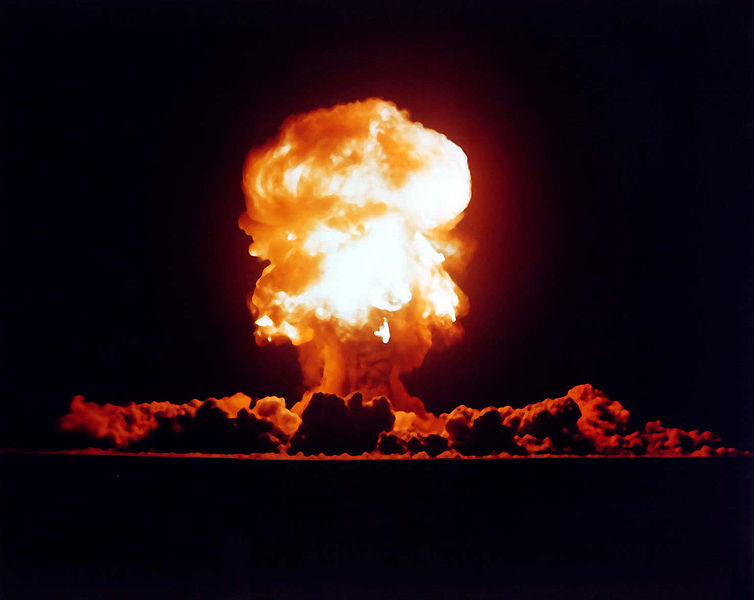On April 2, President Obama strolled triumphantly across the Rose Garden in the White House and proudly announced to the world that the United States and its allies had reached an agreement with Iran that would prevent it from obtaining a nuclear weapon. The president went on to list the nuclear concessions that Iran had made, such as reducing its number of centrifuges and agreeing not to enrich uranium for a decade. Throughout his speech, Obama reiterated that this framework was the basis for a “good deal,” and he also reiterated America’s commitment to Israel’s security. According to Obama, in return for the concessions on Iran’s part, the crippling international sanctions that have been levied on Iran will be lifted, albeit gradually and conditional on Iran’s cooperation.
This may seem like a good deal, but only to those who have absolutely no knowledge of the willingness of the Mullah regime and the ease with which Iran can restart their nuclear weapons program under the conditions of the deal. Under the deal, none of Iran’s advanced centrifuges will be dismantled, and its nuclear facilities will continue to run as medical isotope facilities. This means that they will remain ready to revert to high level uranium enrichment at a second’s notice. President Obama himself admitted on NPR that upon the expiration of the deal, Iran’s breakout time to a nuclear bomb will be “almost down to zero,” meaning that it will be able to immediately produce nuclear weapons at will.
But even within the decade that the deal applies to, numerous problems arise. According to the deal, guarantees of compliance on Iran’s part include “unprecedented inspections.” Assuming that inspectors are given access to facilities, any reported violations will have to be certified by the International Atomic Energy Agency first. Then the IAEA will report to the United Nations, where Iran has the right to defend the charge. Then the charge will go up to the Security Council, where China, Russia and an assortment of other anti-Western countries are sure to stall while Iran does what it wants and gets even closer to acquiring weapons of mass destruction. Furthermore, Iran has a record of lying about its nuclear program. In September 2012, Iranian Vice President Fereydoon Abbasi-Davani, who was also the head of the Atomic Energy Organization of Iran, said: “We sometimes gave false information to protect our nuclear sites and our interests. This inevitably misled other intelligence agencies.”
Another claim by the White House is that if Iran cheats on the deal, sanctions can be reapplied immediately. This claim is extreme naiveté at best and a bald-faced lie at worst. It took over a decade to convince Russia, China and the European Union to uphold the current sanctions infrastructure. No country will force its companies to keep cutting off ties and restoring ties with Iran every other day at the whim of the U.S. Such moves will leave the U.S., not Iran, isolated. (As a side point, while the President claims that the sanctions will be lifted gradually and conditional on Iran’s compliance, Iranian officials have claimed that all sanctions will be lifted immediately at the start of the deal.)
While some like to compare the deal to the appeasement of Nazi Germany in the 1930s, another more recent situation bears haunting similarities to the current state of affairs. On October 12, 1994, the U.S. and North Korea signed an “Agreed Framework” under which President Clinton promised the Hermit Kingdom economic aid in exchange for a halt to its nuclear program. Despite this, the North Koreans continued to covertly race towards the production of WMDs while continuing to reap the benefits of their deal with the Americans. Throughout the ’90s, America used a mixture of threats and talks in an attempt to discourage the communist country from going down the nuclear path. When Bush became president in 2001, he vowed to take an even tougher stance, but all this bluster had no effect on the North Koreans. In June 2005, North Korea proudly announced it had amassed a stockpile of nuclear weapons and has continued to expand that stockpile until today.
We must not repeat the mistakes of the past and allow the world’s most dangerous regime to obtain the world’s most dangerous weapons. Nothing has been set in stone yet and there is still time to avert a dangerous deal that will make the world a much less safe place.

